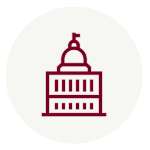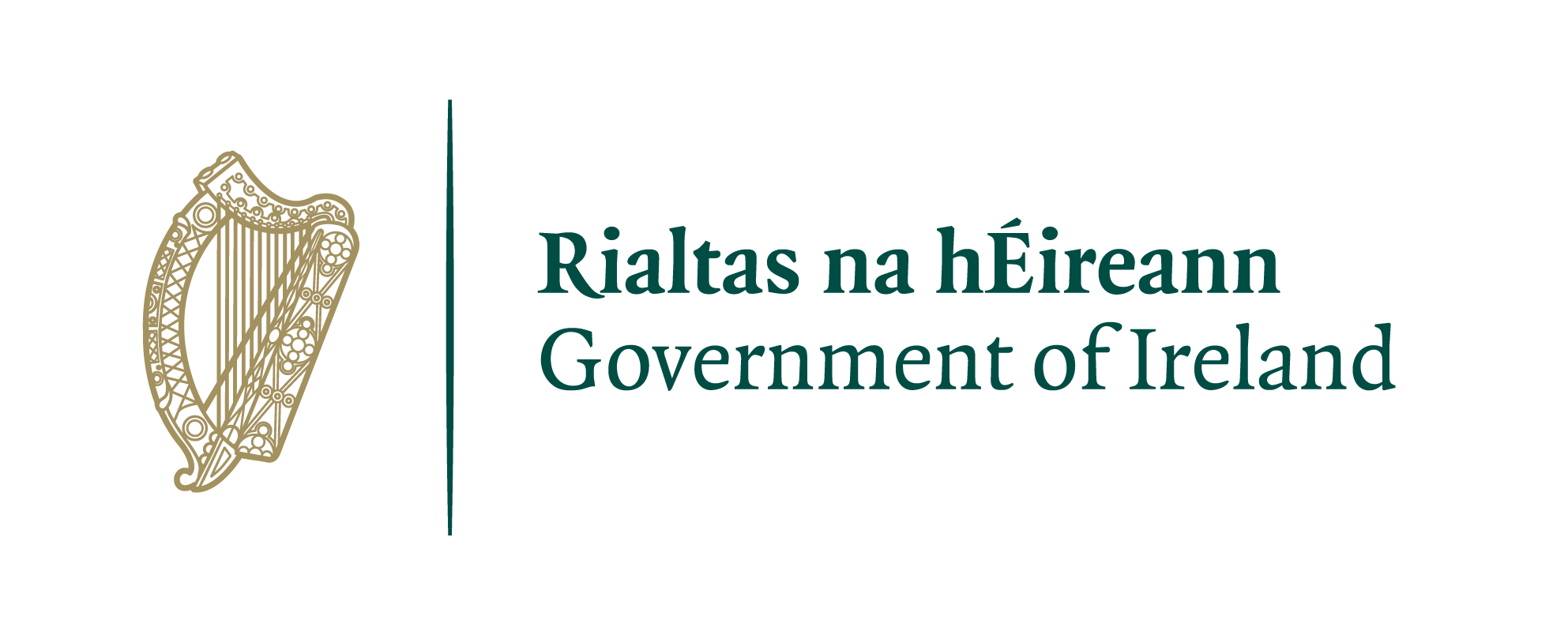Sensitive Personal
Personal
Business
Social Inclusion & Community Activation Programme
From: Department of Rural & Community Development

Description
Coverage
Social Inclusion & Community Activation Programme (SICAP)
Administrative data
Individual Beneficiary templates are mandatory for each case and provide details on:
· Personal details (name, address, contacts etc.).
· Profile (age and gender).
· Economic status at registration (length of unemployment, economically inactive e.g. disabled, employed).
· Level of educational attainment at registration.
· Target group category (lone parent, disabled, nationality, migrant, and ethnicity).
· Household situation (jobless, homeless etc.).
· Exit date from SICAP.
· Immediate results (status on/up to 4 weeks from exit) – engaged in job searching, in education/training, gained a qualification, in employment.
· Longer term results (status on 6 months from exit) – improved labour market intervention, in employment.
· Interventions undertaken (e.g. supports in terms of personal action plan, personal skills, info on lifelong learning, education, labour market etc.)
Other
· Includes case studies, and end of year reports.
· Following a trial period, a Distance Travelled Tool ‘My Journey’ has recently been developed to measure the results of the scheme for individuals. It is a statistically validated tool (recurring questionnaire) which measures soft skills relevant to employment education and training, and personal development. The tool was developed as a joint initiative between DRCD and Pobal working with Quality Matters Trinity College Dublin and co-created with local development companies. It is envisaged that the tool will become embedded in the programme by the end of 2020.
A number of other templates are not mandatory. Other templates include:
· Children and families template (information on education and personal development activities).
· Educational course template (information on course undertaken).
· Local community group template (LCG details, objectives, actions etc.).
· Local development committee collaboration template (details of the LDC and collaboration being undertaken with groups).
Social enterprise beneficiary template (social enterprise details and support provided by SICAP, and output/results e.g. new jobs created/business operational etc.).
The programme is aimed at:
· Disadvantaged children and families.
· Disadvantaged young people (aged 15-24).
· Disadvantaged women.
· Lone parents.
· New communities (including refugees and asylum seekers).
· People living in disadvantaged communities.
· People with disabilities.
· Roma.
· The unemployed.
· Low income workers/households.
· Travellers.
· The disengaged from the labour market (economically inactive).
· An emerging needs target group selected at local level by the Local Community Development Committees to reflect the specific needs of the local area if not otherwise addressed.
Additional Info
| Field | Value |
|---|---|
| Sector | National Government |
| Dataset Coverage | Social Inclusion & Community Activation Programme (SICAP) Administrative data Individual Beneficiary templates are mandatory for each case and provide details on: · Personal details (name, address, contacts etc.). · Profile (age and gender). · Economic status at registration (length of unemployment, economically inactive e.g. disabled, employed). · Level of educational attainment at registration. · Target group category (lone parent, disabled, nationality, migrant, and ethnicity). · Household situation (jobless, homeless etc.). · Exit date from SICAP. · Immediate results (status on/up to 4 weeks from exit) – engaged in job searching, in education/training, gained a qualification, in employment. · Longer term results (status on 6 months from exit) – improved labour market intervention, in employment. · Interventions undertaken (e.g. supports in terms of personal action plan, personal skills, info on lifelong learning, education, labour market etc.) Other · Includes case studies, and end of year reports. · Following a trial period, a Distance Travelled Tool ‘My Journey’ has recently been developed to measure the results of the scheme for individuals. It is a statistically validated tool (recurring questionnaire) which measures soft skills relevant to employment education and training, and personal development. The tool was developed as a joint initiative between DRCD and Pobal working with Quality Matters Trinity College Dublin and co-created with local development companies. It is envisaged that the tool will become embedded in the programme by the end of 2020. A number of other templates are not mandatory. Other templates include: · Children and families template (information on education and personal development activities). · Educational course template (information on course undertaken). · Local community group template (LCG details, objectives, actions etc.). · Local development committee collaboration template (details of the LDC and collaboration being undertaken with groups). Social enterprise beneficiary template (social enterprise details and support provided by SICAP, and output/results e.g. new jobs created/business operational etc.). The programme is aimed at: · Disadvantaged children and families. · Disadvantaged young people (aged 15-24). · Disadvantaged women. · Lone parents. · New communities (including refugees and asylum seekers). · People living in disadvantaged communities. · People with disabilities. · Roma. · The unemployed. · Low income workers/households. · Travellers. · The disengaged from the labour market (economically inactive). · An emerging needs target group selected at local level by the Local Community Development Committees to reflect the specific needs of the local area if not otherwise addressed. |
| Primary Identifier | PPSN are collected for certain participants, but not for all. |
| Personal Data | Yes |
| Sensitive Personal Data | Yes |
| Business Data | Yes |
| Spatial Data | No |
| Data Sharing | Yes |
| API Available | Yes |
| Open Data | No |
| Open Data Portal Link | |
| Update frequency | Quarterly |
| Contact Point | |
| Contact Phone | |
| Contact Email | |
| Licenses |

